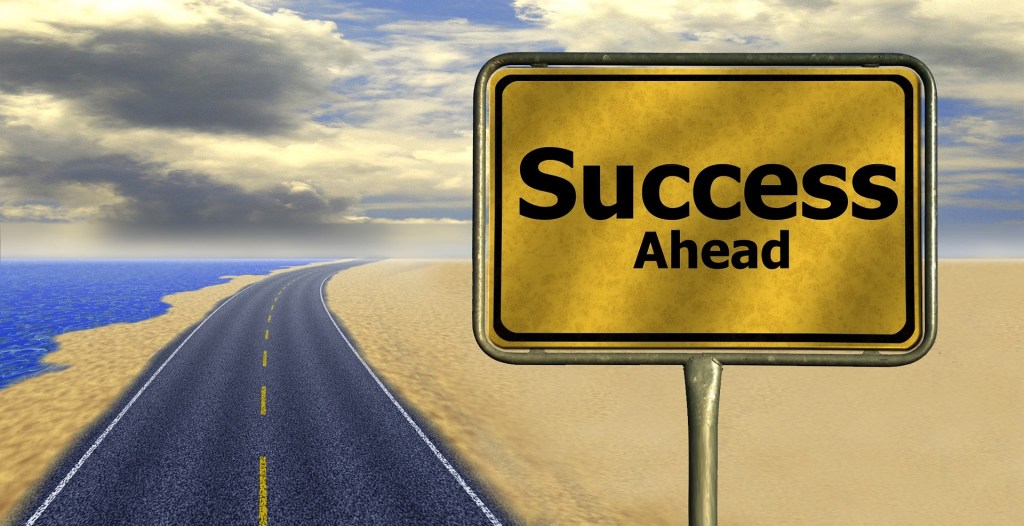I am embarking on my second literature review ever in my forty-six years of life, and I am actually excited about it. We have been challenged and encouraged throughout the ADL Program to make our projects authentic. There is just something amazing that happens when your passion and your practice align.
(I reserve the right to panic and freak out at any moment)
The most significant benefit of making this learning journey authentic is the genuine excitement to learn more about what we are passionate about in life. I am incredibly passionate about empowering college students to take the wheel of their academic journey. I want them to ask informed questions and know where to verify information accuracy. Humans are flawed and inevitably make errors and assumptions or give inaccurate information. My passion is showing people the path and letting them set the pace.
My action research proposal is a big step away from this passion project in many ways. Instead of understanding the heart of students or advisors, I am focusing on how a flipped advising approach could create space in advising interactions for the truly impactful conversations that keep students engaged in the learning opportunities and face any challenges life throws at them through that process.
Deep conversations about life changes, evolving interests, overcoming mindsets, and setting goals for the future are life-affirming for advisors and students. The only way to get to this deeper level of conversation is to move the time-consuming registration conversations to a blended learning environment. If students can research their degree audits and know how to sequence their coursework to meet prerequisite requirements, advising appointments become spaces for forming trusted relationships.
Deeper and deeper down the research rabbit hole, I am thankful that I get to research two topics near and dear to my heart: advisors and students.

